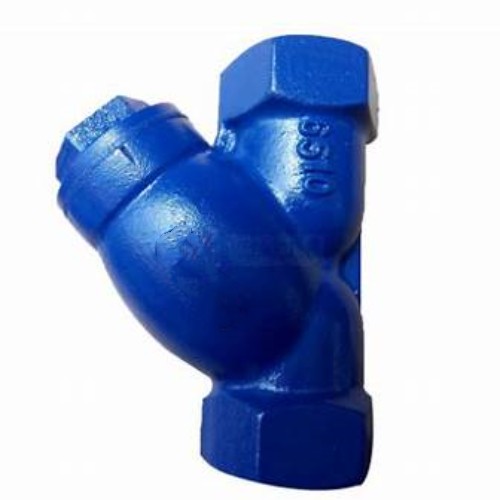flanged needle valves
Flanged Needle Valves Precision Control in Fluid Systems
When it comes to the control of fluid flow in industrial applications, precision is paramount. One of the critical components that help achieve this precision is the flanged needle valve. This specialized valve is designed for applications where fine adjustments of flow characteristics are necessary, providing reliability and accuracy in regulating fluids in various systems.
Definition and Structure
A flanged needle valve is a type of valve that features a slender, tapered plug (the needle) which fits into a seat. This design allows for incremental changes in the flow rate, making it particularly useful in applications that require exact flow control. The valve's flanged connections provide a secure attachment to piping systems, improving stability and sealing performance.
The structure of a flanged needle valve typically consists of the following components
1. Body The main part of the valve, often constructed of materials like stainless steel, brass, or PVC, depending on the application requirements. 2. Bonnet This covers the valve's internal components and allows for easy access to the stem, which is essential for maintenance. 3. Stem Connected to the needle, the stem is the part that operators manipulate to adjust flow rates. Its length and thickness can impact the rate of flow adjustment and the valve's overall performance. 4. Needle The tapered portion of the valve that controls the flow. The design of the needle plays a crucial role in defining the flow characteristics. 5. Flanges These are the raised surfaces on either side of the valve, allowing it to be bolted securely to the piping system.
Application Areas
Flanged needle valves find applications across a variety of industries. Some of the key areas include
1. Oil and Gas In the oil and gas sector, these valves are used to control the flow of hydrocarbons, allowing for precise adjustments necessary for safe operation. 2. Chemical Processing The ability to handle corrosive fluids makes flanged needle valves ideal for chemical manufacturing processes. Their precise control features help manage reactions and ensure product quality. 3. Water Treatment Flanged needle valves are employed in water treatment facilities to control the flow of water and chemicals, facilitating effective treatment processes. 4. Pharmaceuticals In the pharmaceutical industry, the need for sterile environments requires valves that can maintain flow control without contamination. Needle valves provide the necessary precision for dosing and mixing.
flanged needle valves

Advantages of Flanged Needle Valves
The advantages of using flanged needle valves are numerous, particularly in industrial applications. Here are a few key benefits
- Precision Control The design of the needle valve allows for fine-tuning of flow rates, making it ideal for applications where precision is necessary. - Robust Construction The materials used in manufacturing flanged needle valves ensure durability and resistance to corrosion, which is especially important in harsh industrial environments. - Ease of Maintenance The accessible design of the bonnet and stem allows for quick maintenance and adjustments, minimizing downtime in operations. - Leakage Prevention The flanged design provides a secure seal, reducing the risk of leaks in high-pressure systems.
Considerations for Selection
When selecting a flanged needle valve, several factors must be considered
1. Material Compatibility Ensure that the valve material is compatible with the media it will handle. For example, corrosive chemicals may necessitate a valve made from special alloys or plastics. 2. Pressure and Temperature Ratings Each valve is rated for specific pressure and temperature ranges. It's crucial to select a valve that can withstand the operating conditions of the particular application. 3. Size and Flange Standards The valve must fit within the existing piping system. Size and flange standards must match those of the pipes being used to ensure a proper fit.
Conclusion
In summary, flanged needle valves are essential components in many industrial fluid systems, offering precision flow control and reliability. Their robust construction and ease of maintenance make them suitable for a diverse range of applications, from oil and gas to pharmaceuticals. By understanding the critical factors for selection and their operational advantages, industries can utilize flanged needle valves effectively, ensuring optimal performance and safety in fluid management systems.
-
Breakthrough in Domestic Low Temperature Valve Technology in ChinaNewsAug.18,2025
-
From Machinery to Intelligent Brain: The Digital Transformation Wave of the Valve IndustryNewsAug.18,2025
-
PCVEXPO 2025NewsAug.18,2025
-
The Key to Fluid Control: Exploring the Advantages of Ball Valves in Industrial SystemsNewsJul.09,2025
-
The Versatile World of 1, 2, and 3 Piece Ball ValvesNewsJul.09,2025
-
Stainless Steel Ball Valves: The Ideal Choice for Efficient Flow ControlNewsJul.09,2025
-
Optimizing Fluid Control with Ball Float ValvesNewsJul.09,2025




